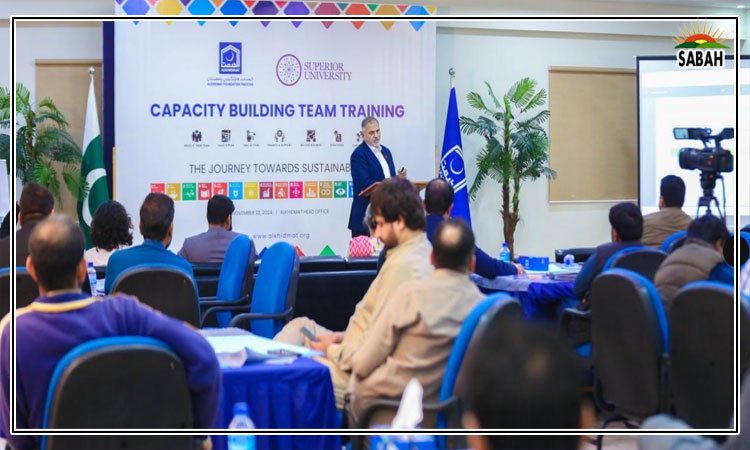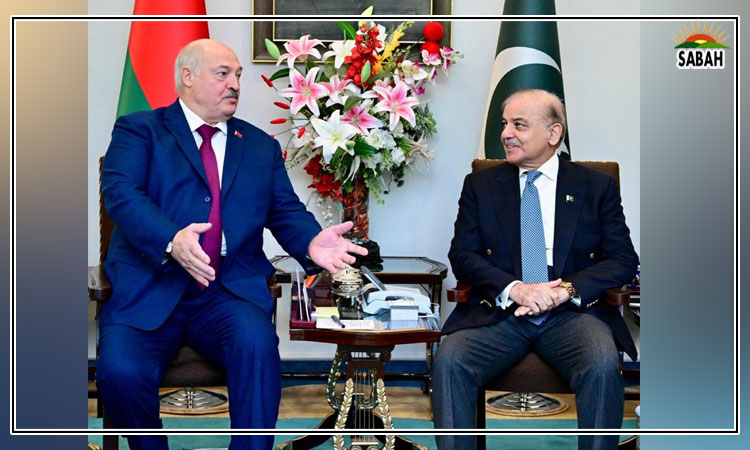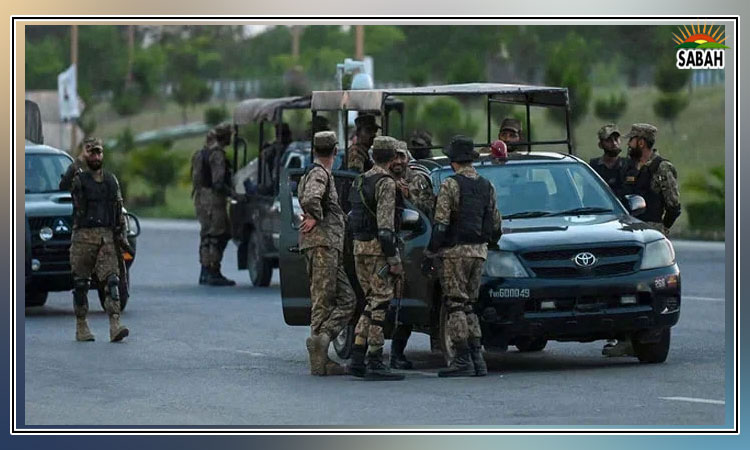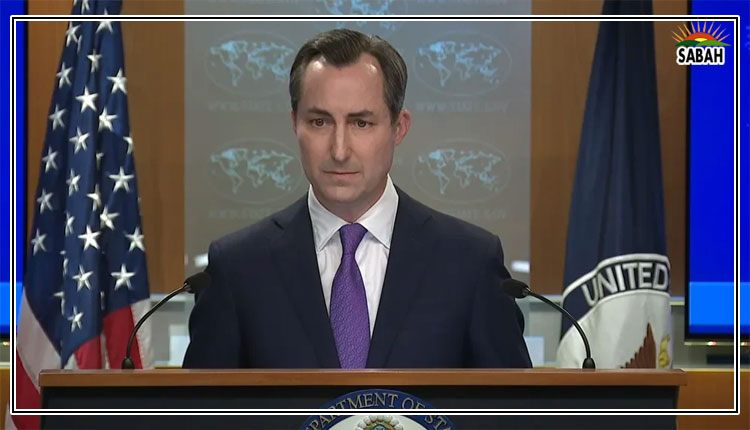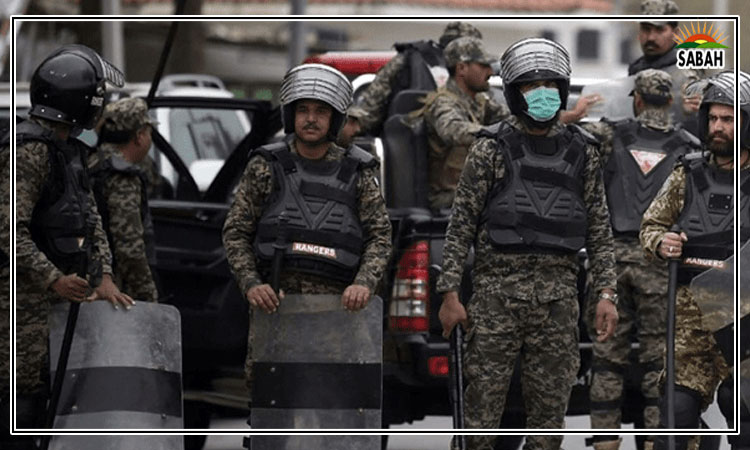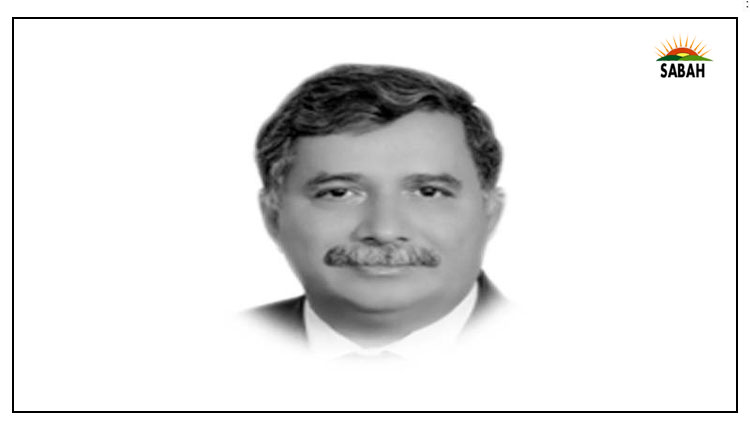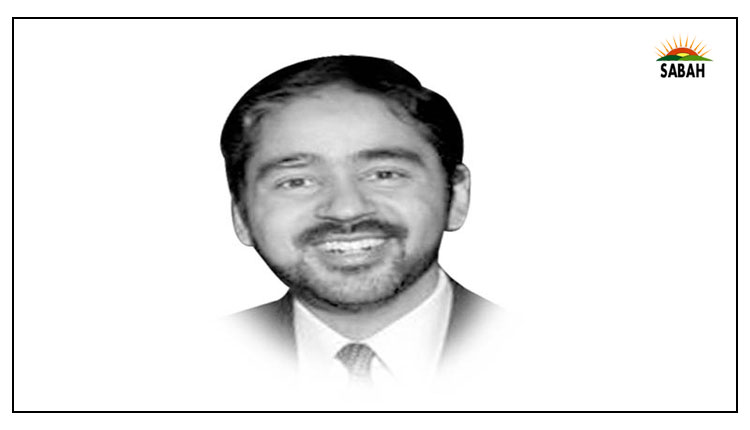Aborted inquiries… Muhammad Hamid Zaman
My introduction to science in school was probably not very different from most average Pakistanis who grew up in the 80s and 90s. The topics were stale and taught by bored teachers. There was a power dynamic and questions were discouraged. Repeated questions could irritate the teachers and the consequences were often unpleasant. But the issue was not simply stifling of creative thinking, it was also how science was presented. Science in middle and high school was presented in a bubble and disconnected from the society at large. The stories about science and scientists, if there were any, were about their greatness and their magnificent impact on society. Any connection between great discoveries such as those made in the early part of the 20th century and what happened in August 1945 in Hiroshima or Nagasaki, was never made. The historical narrative of the progress of science was linear and pure.
Much later in life, this bubble of purity got punctured. Among many other things about how science is practiced, I realised that not all areas of science get to thrive. It is not simply about fundamental curiosity. Some areas get priority over others. Great scientists in some areas struggle to find funding for their work, or never find stable jobs or labs to work in, not because they are not smart, or their quest is not pure, but because there is little interest of the state or the commercial enterprises in their work. States prioritise areas for all sorts of reasons, including some that are meant to inflict harm on others.
This was the time, when I also realised that scientists and researchers in many parts of the world (including ours) are likely to be swept away by the latest trends. Perhaps because of how we are taught about science, or perhaps lacking confidence in our ability to ask probing questions, or perhaps because we have never fully appreciated how science can impact society negatively, we jump on the latest bandwagon. I saw this first hand in early 2000s in Lahore. Those were the days when stem cells were a big thing in biological sciences. I met people at hospitals in Lahore who were experimenting with stem cells on actual patients, without any regard for regulation, safety or risk. I still remember clearly that the clinician I spoke to told me that stem cells were going to be this great thing to revolutionise biology, so why not get a piece of that action?
A decade or so later, there is an even bigger buzz in the world of technology, science and beyond. It is impossible to miss a conversation on artificial intelligence (AI) and how it is changing the society. Of course, there is discussion in Pakistan as well. Some of it is interesting and exciting, and some of it like a recent conference on AI and Allama Iqbal is bizarre. There are new startups and projects. But few are really asking the question what does it mean for us? When someone says we will soon have AI-created newscasters reading news to us, do we really need them? In a society that desperately needs more jobs, do we need more automation in every sector? Where do we draw our lines? Does the newest technology help only the privileged and would it further create the barrier between the affluent and the severely deprived? How do we as a society navigate the challenges while recognising the potential? What is our own regulatory mechanism, and is it based on our own ground realities?
Seventy eight years ago this month the worst weapon of war, created through the great engine of science, killed hundreds of thousands of innocent civilians in Japan. Yet, scientific discoveries of all kinds have saved millions of lives all over the world, most recently during the pandemic. We should ask: if science is a great tool, who should decide how that tool should be used? We need to ask questions, and empower people to inquire and reflect before it is too late. There has never been a more important time for us as a society to invest in the humanities.
Courtesy The Express Tribune



